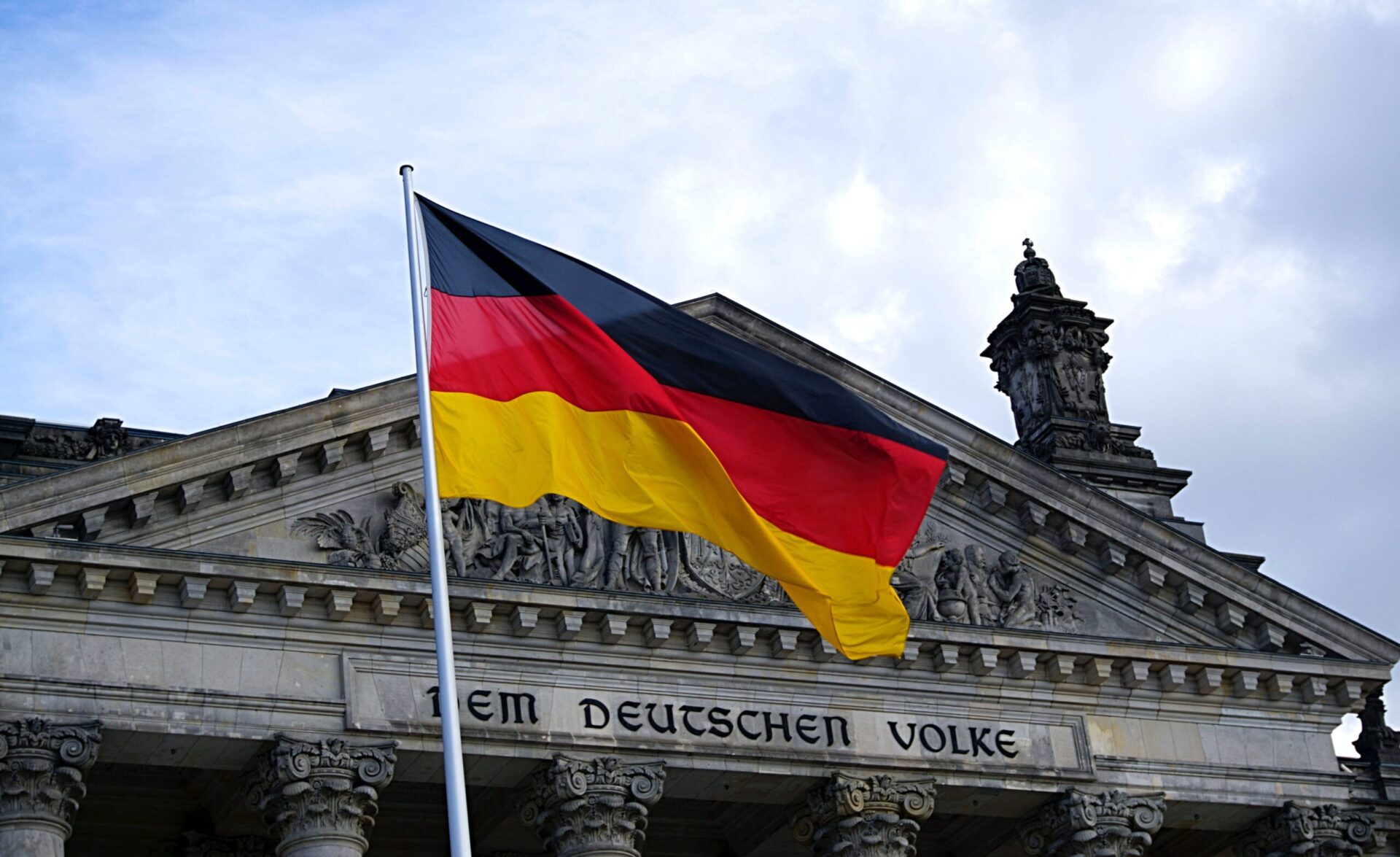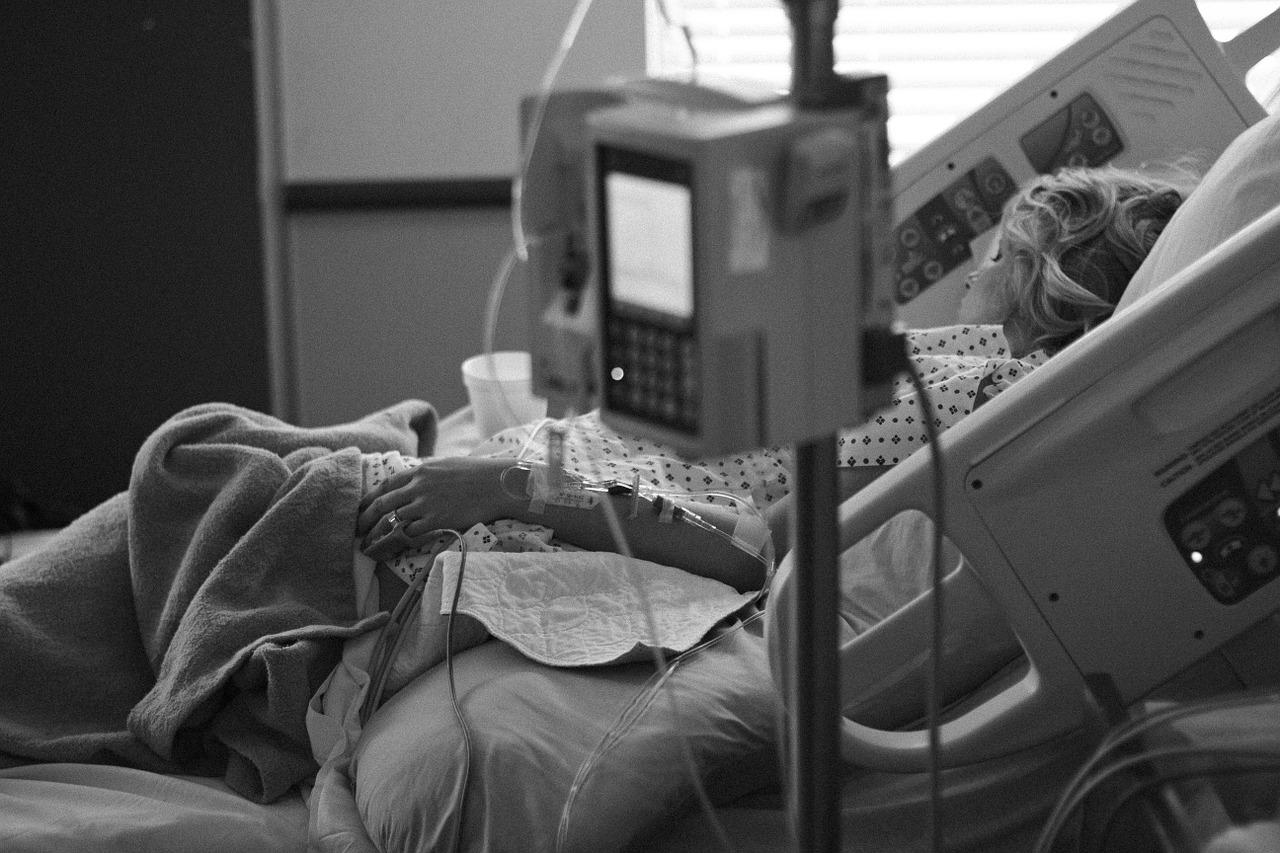Berlin’s hesitation. Where does the distance between the Germans and Ukraine come from? (Part 2)

The transformation of German policy towards Russia is both profound, if viewed in relation to its starting point, and only partial. Germany is as far away as possible from the Polish pro-Ukrainian and anti-Russian enthusiasm.
Łukasz Warzecha
(…)
On May 19th, the chancellor appeared before the German parliament. He stated that Russia cannot win this war – although this does not mean that it will suffer a crushing defeat – but at the same time he was very moderate when it comes to Ukraine’s ambitions in Europe, which was in sharp contrast to the carelessly enthusiastic tone of Polish politicians on this matter, especially President Andrzej Duda during his speech in the Ukrainian Verkhovnaya Council. Although Scholz stated that Ukraine belongs to the European family, he also emphasized that there are no shortcuts on the way to the EU, and the long-awaited Balkan countries are standing in the queue in front of Kiev.
The former (until this year) director of the Munich security conference, one of the most prestigious and most important international events in the world, Wolfgang Ischinger has an interesting opinion. Ischinger can be considered the voice of a large part of the German elite, a more free voice that is not constrained by any official functions. In his comments, analysis or on Twitter, Ischinger emphasizes that the conflict will have to be resolved by diplomacy. This is again an approach radically different from the dogma in force in Poland that Russia must be broken and humiliated as much as possible. Such opinions also appear in Germany, but they are in the minority.
In a long conversation with Tortoise in mid-May, Ischinger explained, among other things, why the Germans are not going to hand over heavy weapons to Ukraine. He pointed out that precisely because the Bundeswehr had been so neglected over the years, the country could not deprive itself of its defensive capabilities in this way. This is an interesting statement in the context of how Poland behaved – after all, much more threatened by Russia – by surrendering a large part of its own armored weapons to Ukraine and not even supplementing the necessary level of weaponry for themselves. To add piquancy to the matter, this form of support was supposedly promised by Germany – and it did not come.
The interviewer, Andrew Neil, tried to get Ischinger to declare whether in the future there will be a place for the Russian foreign minister the Munich conference in the future. Ischinger says: “As soon as there is a ceasefire or a peace settlement of whatever nature it will be very important that the Russians are present to listen to them. I don’t think it would be useful… that it would make sense to isolate Russia completely, [Russia] is a permanent member of the UN Security Council and your ambassador will be sitting next to their ambassador” (Tortoise is a British media outlet).
Neil notes at this point that there is no choice at the UNSC, but there is a choice whether to invite to the conference the head of diplomacy of a state that engages in genocide. Ischinger stated, however, that the meetings were previously attended by ministers and even prime ministers of nations accused of genocide. “Diplomacy is the art of negotiating with your enemies”, he stated.
After the first shock, they also returned to circulation on the rightful terms of the Russlandversteher, a group of analysts and opinion makers considered experts in Russia and full of understanding for Russian politics. Gabriele Krone-Schmalz, a leading representative of this group, a journalist and towards the end of the 1980s, an ARD correspondent in Russia, beat her breast right after February 24th, but not because she considered herself guilty for legitimizing Russia’s actions earlier, but because she had made a mistake in not foreseeing the war. Today, Krone-Schmalz supports Ischinger, reiterating that the war should be ended as soon as possible by diplomacy.
A CHANGE BUT…
The transformation of German policy towards Russia is both profound, if viewed in relation to its starting point, and only partial. Germany is as far away as possible from the Polish pro-Ukrainian and anti-Russian enthusiasm. It seems that they are not even particularly worried about the image problems related to lethargic arms deliveries to Ukraine. One gets the impression that the Berlin government is already thinking a step ahead.
In fact, it is certain that in energy matters there will be no return to the old agreements with Russia after the end of warfare – which does not mean that there will be no import of raw materials from Russia. That can still happen, albeit to a very limited extent.
(…)
This article was published in June 2022 in “Do Rzeczy” magazine.



